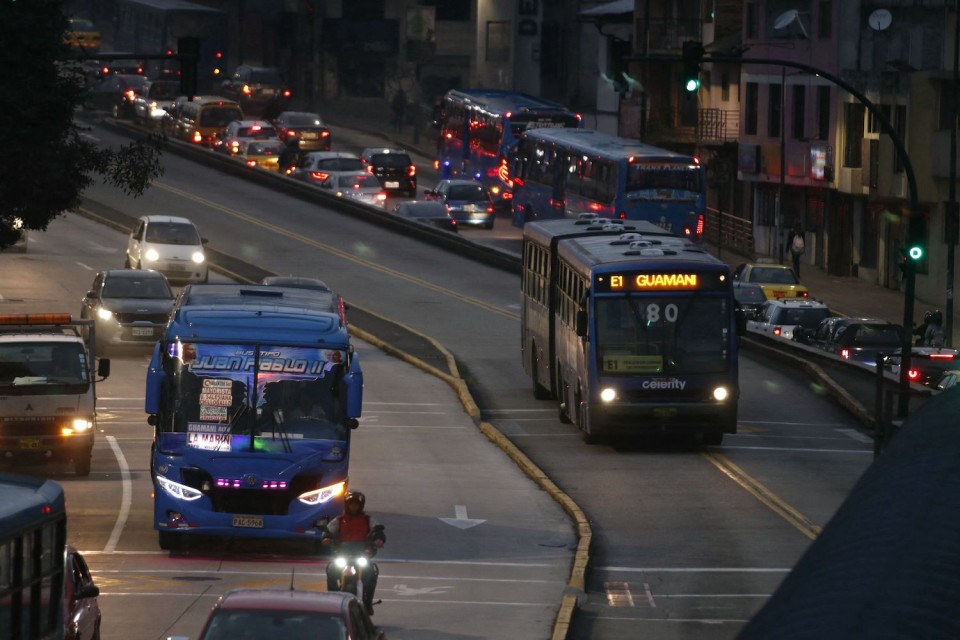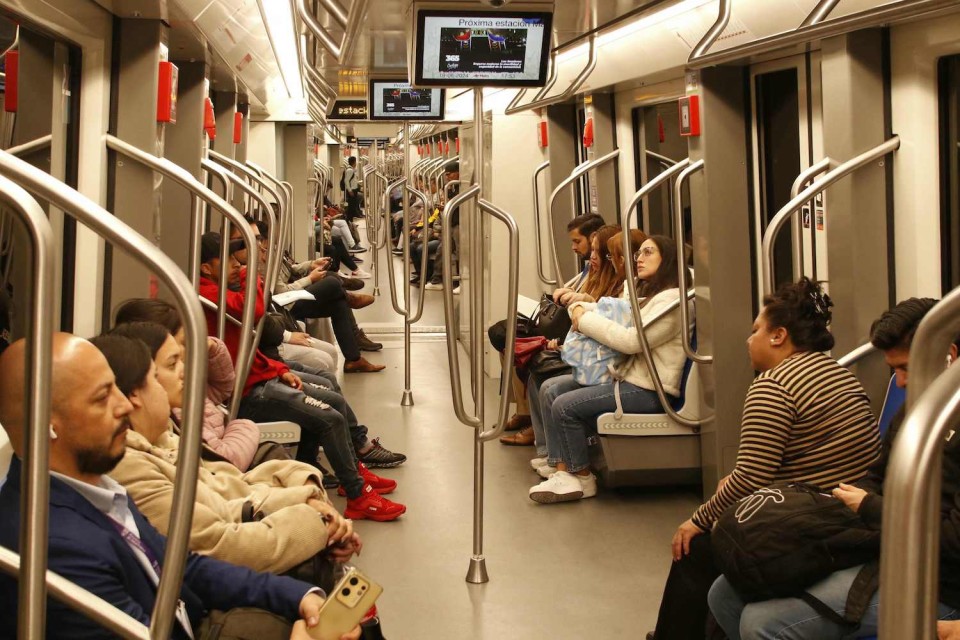
QUITO, June 20, 2024 (AFP) – Ecuador suffered a nationwide blackout for several hours Wednesday as the electrical grid failed, with metro services, road traffic and other critical services crippled.
The blackout hit abruptly just after 3:00 pm local time, surprising subway riders in the capital Quito as trains came to a halt and hundreds of people were evacuated.
Some were forced to walk long distances through dark metro tunnels until finding an exit.
Three hours after the stoppage hit, Energy Minister Roberto Luque said on X that 95 percent of the service had been restored nationwide.
Earlier, he had announced a “breakdown in the transmission line, which caused a chain of disconnections” leading to a countrywide failure.
Traffic lights in Quito went on the blink and police manned intersections to maintain some semblance of order in the city of three million people.
Within about an hour, power started returning gradually in some places in the capital.
“The incident must have been major because it even knocked out power to the metro, which has its own separate system,” Quito Mayor Pabel Munoz said on X.
He had ordered the deployment of special teams to help anyone who may be trapped, prevent accidents and “take care of public spaces.”
Luque said: “For years there has been a lack of investment in these systems and electrical grids and today we are suffering the consequences.”

– ‘Stock up’ –
Traffic chaos also hit the Pacific port city of Guayaquil, an AFP correspondent observed. People found themselves stranded in elevators in office and residential buildings and the public water company urged the population to stock up just in case.
Street cars in the southern city of Cuenca also stopped running.
In Santo Domingo de los Tsachilas, in the center of the South American country, the situation was similar, and traffic agents had their hands full.
The education ministry suspended night classes for the duration of the blackout for safety reasons.
Ecuador suffered rolling blackouts in April as a major drought left key hydroelectric reservoirs nearly depleted and Colombia halted the exportation of electricity to its neighbor amid its own dry spell.
Ecuadorans had to contend with planned cuts of up to 13 hours at a time.
The situation returned to normal when the rainy season arrived and the country suspended electricity rationing in May.
Ninety-two percent of the country’s electricity comes from hydroelectric plants.








